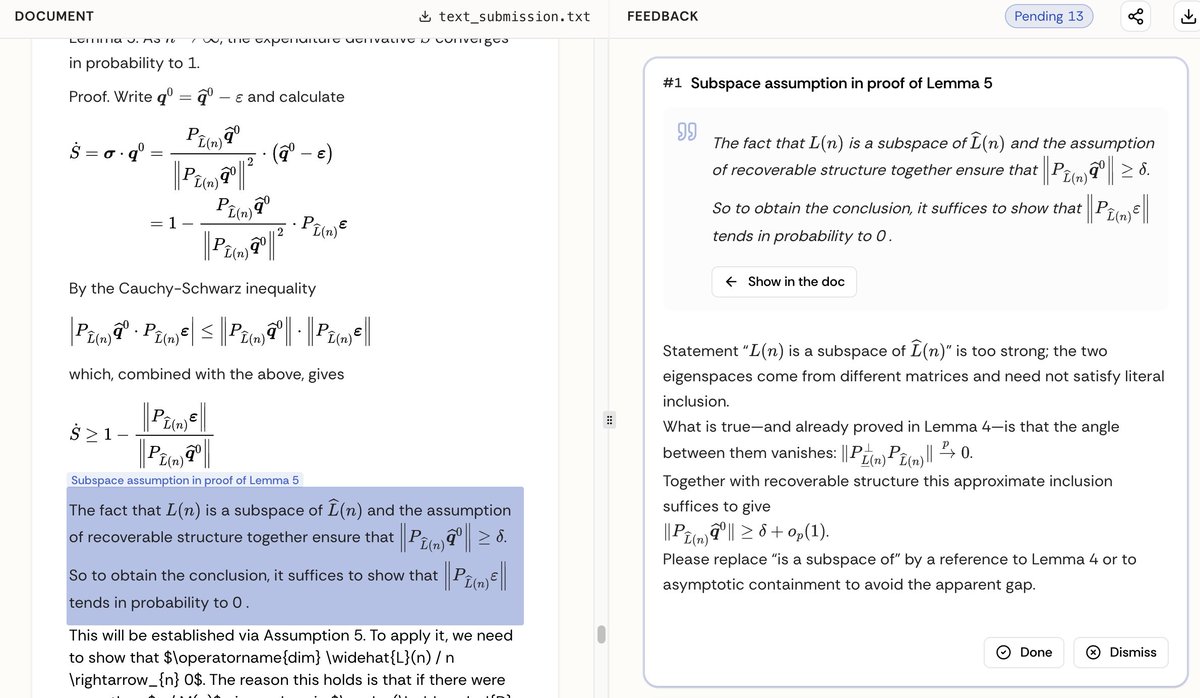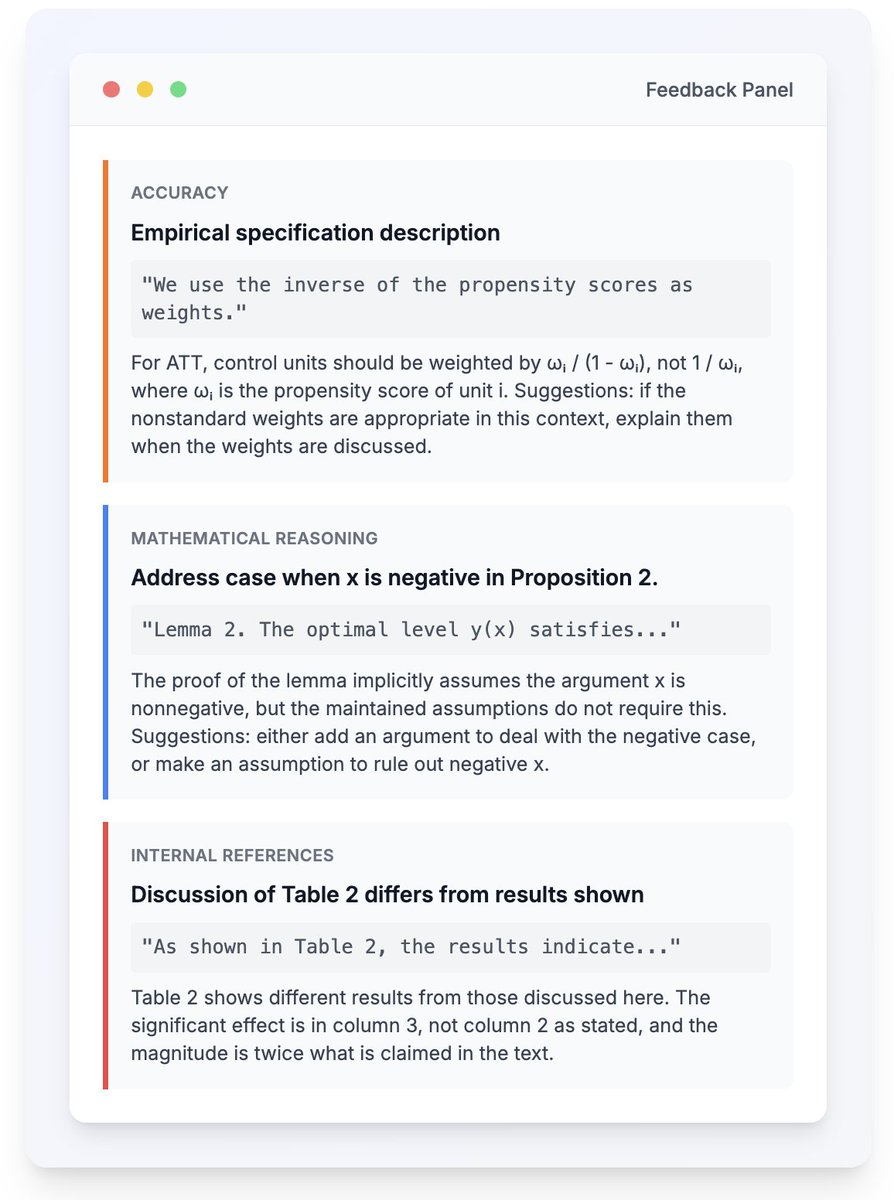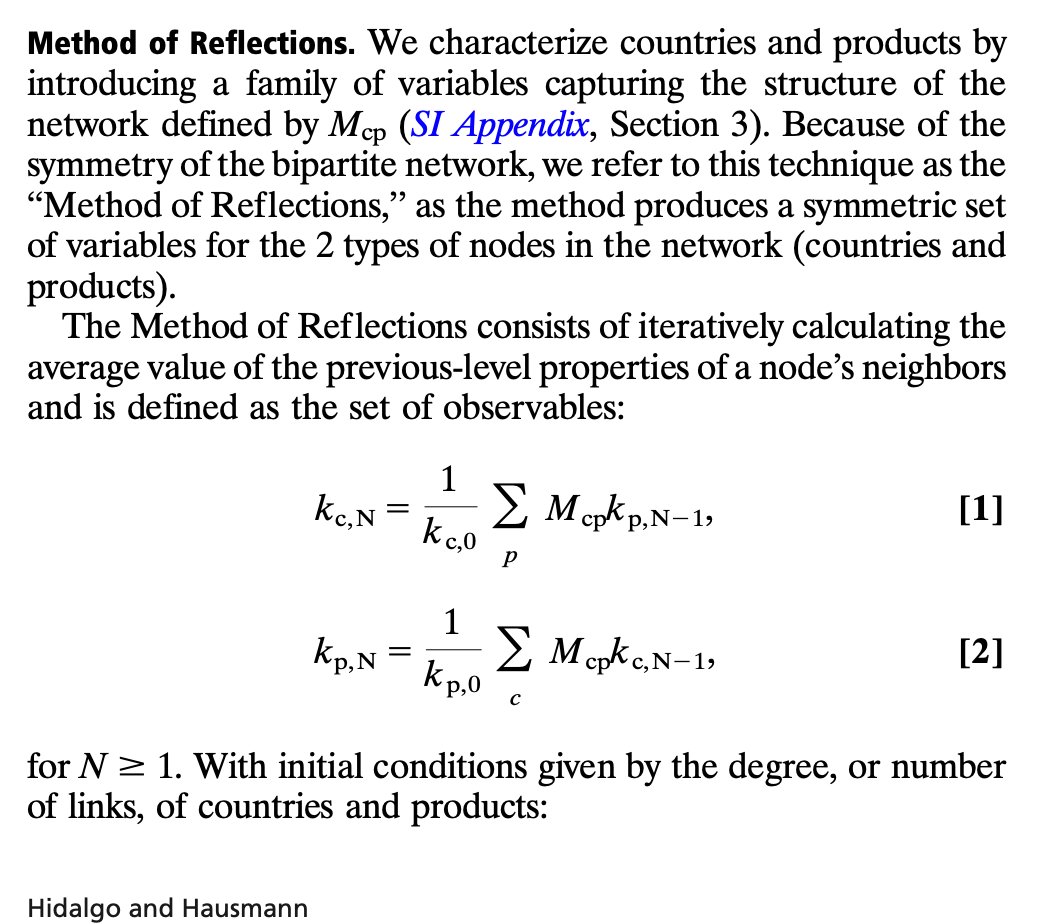A question that people ask sometimes is, "What is your favorite paper in topic X written since y?"
It recently struck me that the reason I don't ever give a good answer is that it's a bit like the question, "What is your favorite beam in this building?"
It recently struck me that the reason I don't ever give a good answer is that it's a bit like the question, "What is your favorite beam in this building?"
It seeks assessment at the wrong level, both in terms of how most of us experience science, and in terms of what's important for its progress.
But it can take a while to see that!
2/2
But it can take a while to see that!
2/2
This was inspired by this @KevinZollman thread, which I like a lot because it says a similar thing at a different level (and in a different field).
https://twitter.com/KevinZollman/status/1295328504616300544
(Although my analogy wouldn't come close to passing muster with a philosopher. Not all papers do the same sort of work as beams, a building comes about very differently from how a body of knowledge does, etc.)
• • •
Missing some Tweet in this thread? You can try to
force a refresh








